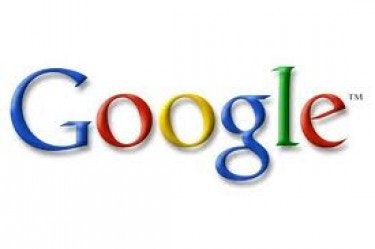These days, a wide range of companies, including General Electric, Cisco, 3M and Microsoft Corporation (NASDAQ:MSFT), are all clamoring for a piece of the booming industry of health care IT. New coding systems like ICD-10 and financial-incentive programs for meaningful use are sending medical practices scrambling to update their systems to meet government-mandated standards.
However, one major company that is notably absent from the health care IT gold rush is search giant Google Inc (NASDAQ:GOOG), which isn’t shy about disrupting other industries.

The failure of Google Health
In 2008, Google Inc (NASDAQ:GOOG) introduced a personal health-record service known as Google Health. Patients were asked to disclose their health records, either voluntarily or through a partnered EHR service, to create a centralized Google Health profile.
It was a revolutionary idea that had plenty of heavyweight backers, including Allscripts, Walgreen, CVS Caremark, and Drugs.com. It featured cutting-edge features, such as a Wi-Fi scale from Withings that could synchronize patients’ weight data with a cloud-based profile, and a seamless integration with telehealth features from MDLiveCare and Hello Health.
For a while, it looked as if Google Health would unite the fragmented world of EHR services just as its search engine did for the Internet.
Yet in 2011, the service was abruptly discontinued. Google Inc (NASDAQ:GOOG) claimed, via its blog, that the service was not “having the broad impact” that the company had hoped for, although it had proven popular among “tech-savvy patients and their caregivers” and “fitness and wellness enthusiasts.” Widespread adoption, however, eluded the company.
Could Google Health make a comeback?
Two years later, some investors are wondering if Google Inc (NASDAQ:GOOG) will resurrect Google Health to capitalize on the growing need for unified EHR systems. In the two years since Google Health’s demise, Android has surged in popularity, and now accounts for 80% of smartphone shipments and 63% of tablet shipments worldwide. With its eagerly anticipated Google Glass also on the way in late 2013 or early 2014, could this be the right time to release Google Health 2.0?
A major roadblock barring Google Health’s return is the complex enterprise nature of EHRs. Google Inc (NASDAQ:GOOG)’s main source of revenue comes from advertising. It generates this revenue by nurturing user dependence on its services — such as desktop search, cloud-based apps (maps, docs, YouTube, Gmail), and Android. Everything that Google Inc (NASDAQ:GOOG) makes, including Google Glass, is created with that goal in mind.
Enterprise is not the answer
Enterprise software, on the other hand, is how companies like Microsoft Corporation (NASDAQ:MSFT) and Hewlett-Packard generate sales. This is the industry of servers, software, and IT services — a highly fragmented and competitive business that Google has mostly avoided.
That’s why Microsoft Corporation (NASDAQ:MSFT) is still holding onto its EHR service, HealthVault, and has been promoting Windows 8 tablets as viable replacements for Apple Inc. (NASDAQ:AAPL) iPads to access mobile EHR apps. Microsoft has also been testing the idea of using the Kinect in coordination with HealthVault to revolutionize remote treatments.





